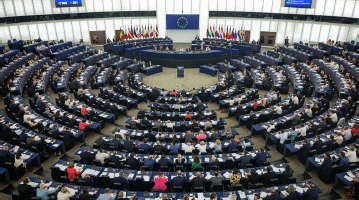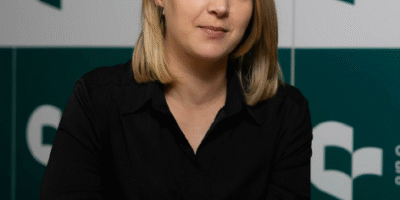Marta Kos, the European Commissioner for Enlargement, presents interesting and significant views on the current state of EU enlargement. She points out that enlargement is no longer just a technical process but a geopolitical issue, considering global challenges such as the war in Ukraine and external influences on the process. Her remarks on Serbia, which is stagnating on its European path, draw attention, as they highlight the increasing opposition from the people, who are demanding change. It seems that the EU is determined to support Serbia, but only if concrete steps are made regarding the rule of law, media freedom, and the fight against corruption.
The criticisms of Serbia for its slow progress in reforms, as well as the challenges posed by “stabilocracy” and citizen apathy, raise serious questions about the country’s future in the accession process. Kos also emphasizes that a different and more decisive approach is needed for Kosovo, Bosnia and Herzegovina, and Georgia, with a clearer strategy in place. Expectations for Albania to reach its target by the end of 2027 clearly indicate the pace the EU wants to maintain for all candidate countries.
Despite the numerous challenges, Kos stresses that the EU must remain committed to upholding the rule of law, freedom, and human rights, maintaining its role as a source of hope for many countries in the region.
I find it fascinating how Marta Kos underscores the growing geopolitical dimension of EU enlargement, especially in light of global events like the war in Ukraine. It really highlights how the process is no longer just about political negotiations but also about security, stability, and broader global dynamics.
Her comments on Serbia resonate, as they reflect a common frustration with the slow pace of reform and the need for tangible change. It’s clear that the EU is eager for concrete progress, particularly in areas like media freedom and the fight against corruption. The challenges faced by countries like Bosnia and Kosovo also seem to reflect deeper issues of governance and decision-making that need urgent attention.
Despite these hurdles, Kos’s belief that the EU remains a beacon of hope for many is something I share; it still stands as a symbol of the values of democracy and human rights, even as it faces its own set of crises. The journey towards EU membership is long and complex, but it’s encouraging to see a continued commitment to these core values.
Written by our correspondent A.A.



